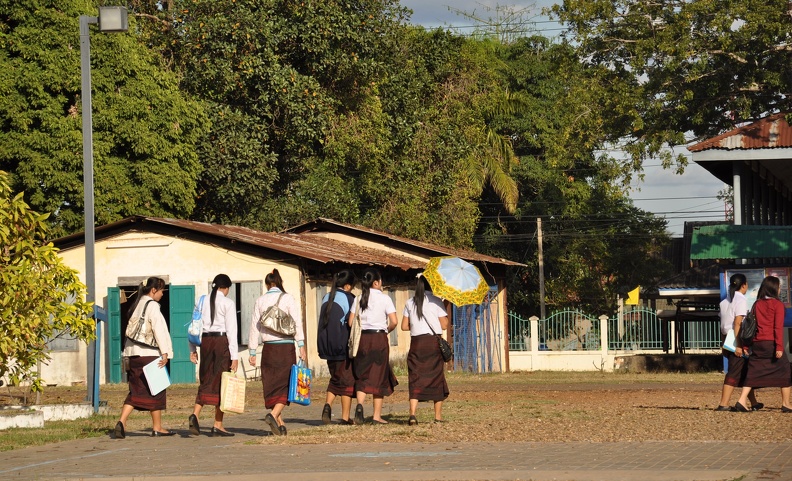University Researcher Özlem Çelik has published a new article in Housing Studies entitled “The roles of the state in the financialisation of housing in Turkey,” The article is open access and can be read here.
Abstract
What is the relationship between the state and housing financialisation? Much of the literature describes the state playing a role to promote the regulatory, legislative, and financial conditions needed to allow global financial capital to penetrate land and property markets. I build on these arguments to develop in what ways the state is playing an active role in housing financialisation in Turkey. I suggest that the Turkish national state has deliberately, actively, and forcefully pursued housing financialisation by (i) introducing new legislation; (ii) creating financial frameworks to encourage speculation by domestic and international capital on land and housing as assets (iii) enclosing public land and exploiting informal types of tenure; (iv) assetising land and housing by developing revenue-sharing urban regeneration projects; and (v) using coercive legal and penal force to criminalise informal development, and to quell resistance to state-led regeneration. My conclusions add weight to Christophers’ contention that the role of the state needs to be reconceptualised to capture its direct involvement in housing financialisation.
